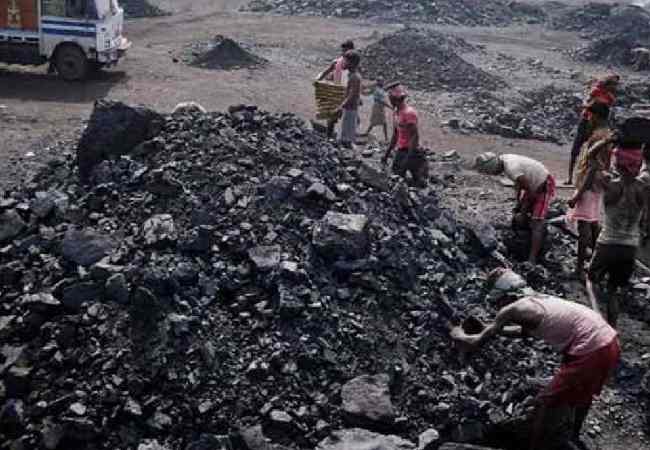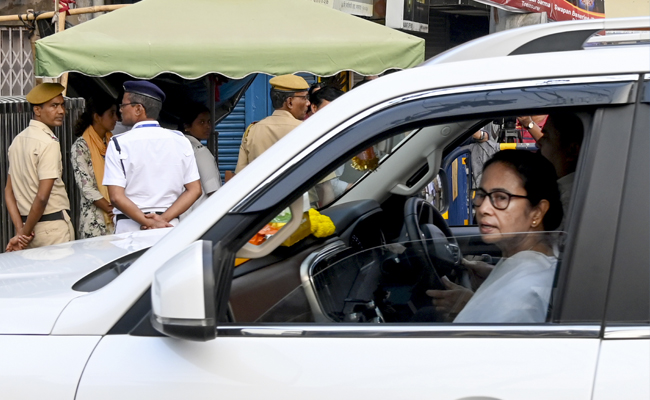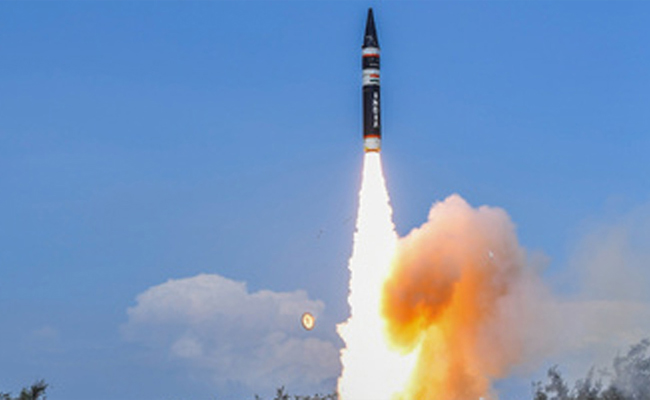New Delhi (PTI): India's annual methane emissions from coal mining could more than double by 2029 compared to 2019 as the country seeks to increase coal production to meet its growing energy demand, according to a new report.
The report by global energy think tank Ember said that the total coal mine methane emissions of the fast-developing South Asian nation are set to increase by 106 percent since the last national estimate in 2019.
"To meet rising energy demand and reduce coal imports, India's Ministry of Coal is planning a significant expansion in domestic coal mining, alongside its considerable renewable energy expansion.
"The proposed increase in coal mining will lead to a substantial rise in coal mine methane emissions, as high-emitting underground mining is expected to triple by 2029, exceeding 100 million tonnes (Mt) per year," the report said.
Methane is a potent greenhouse gas, with over 80 times the warming impact of CO2 over a 20-year period. It is responsible for nearly a third of the rise in global temperatures since the Industrial Revolution.
India is already the world's second-largest coal producer and plans to double its production this decade, reaching an annual production rate of more than 1.5 billion tonnes.
Between 2010 and 2019, overall coal mining in India increased by 28 percent. Despite this rise in production, national estimates of coal mine methane rose by only four percent. This was due to a shift in the type of mining, with several older, gassier underground mines being retired and a substantial increase (38 percent) in shallower, surface coal mining.
India's energy demand is growing rapidly, with coal-based power generation projected to increase from 212 GW in 2023 to 260 GW by 2031, according to the latest National Energy Policy. In response, the Ministry of Coal has outlined plans to increase domestic coal production "to meet peak energy demand".
This was also reiterated by the International Energy Agency (IEA) earlier this year, noting that the growth in renewable energy has been "unable to keep pace with the growth in power demand" due to heatwaves and reduced hydropower output.
These plans suggest that total domestic coal production could surpass 1.5 billion tonnes by 2030.
Ember estimates that India could progressively mitigate up to 35 per cent of its coal mine methane by 2030.
Addressing India's coal mine methane emissions is a low-hanging opportunity to slow climate change, reduce surface ozone and complement India's efforts to reduce carbon dioxide. Policies to incentivise mitigation, capture and utilisation of coal mine methane are crucial and should be prioritised with urgency, said Rajasekhar Modadugu, Analyst Climate and Energy, India, Ember.
Let the Truth be known. If you read VB and like VB, please be a VB Supporter and Help us deliver the Truth to one and all.
Kolkata (PTI): West Bengal Chief Minister Mamata Banerjee on Thursday described the Waqf (Amendment) Bill as “anti-secular”, claiming that it would snatch the rights of Muslims.
Banerjee, speaking in the assembly, also said the Centre did not consult with states over the matter.
“The bill is anti-federal and anti-secular; it is a deliberate attempt to malign a particular section. It will snatch the rights of Muslims... The Centre did not consult with us on the Waqf Bill,” she said.
The chief minister added that “if any religion was attacked”, she would wholeheartedly condemn it.
Opposition parties have stridently criticised the amendments proposed by the bill in the existing Waqf Act, alleging that they violate the religious rights of Muslims.
The ruling BJP has asserted that the amendments will bring transparency in the functioning of the Waqf boards and make them accountable.
A parliamentary committee has been constituted to scrutinise the contentious bill.





